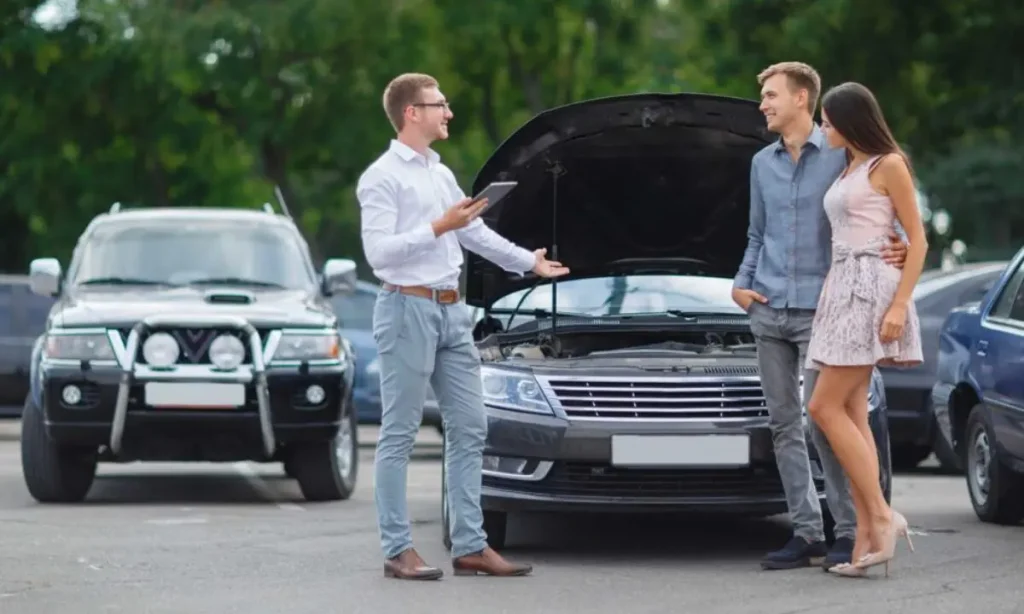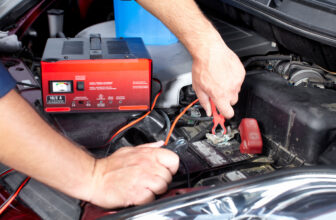
Buying a new car is always a challenging time because a lot of things need to be evaluated and could still end up wrong. There are dozens of brands and hundreds of models out there for you to choose form. The age, size, and performance are the factors that are crucial, but one other thing is more pressing. Do you buy new or do you buy used? Buying a brand new car from a salon is usually not advised since it is said that its value drops by some 20% as soon as you leave the shop. Therefore, second-hand cars that are still new and in mint condition makes much more sense.
Now that we got that covered, let us consider the titular issue of this article. How can an average car buyer make sure that the car they are browsing legitimate and not somebody else’s? Sadly, the business of selling stolen cars and stealing cars to sell them off the books is a reality and a lot of dishonest people engage in it. Of course, you will want to prevent something like this from ever happening to you. Worry not as we are here to help by talking about the best ways to check if you are buying a stolen car. There is nothing worse than finding your dream car and purchasing it only for the authorities come knocking.
Table of Contents
1. REVs Check Report
First and foremost, you have to perform an official REVs check of the car. REVs stands for Register of Encumbered Vehicles. You can do this if you have a chassis number, a serial number, or a VIN of the car. REVs is also known as the Vehicle Security Register (VSR) and it is a part of the Personal Property Securities Register (PPSR). This check can tell you if there is any money that is owed on the vehicle you want to buy, as well as other important information about its history and ownership. This is a must in the country of Australia so make sure to visit quickppsr.com.au and perform one for a great price.
2. Suspicious and Rushed Behavior
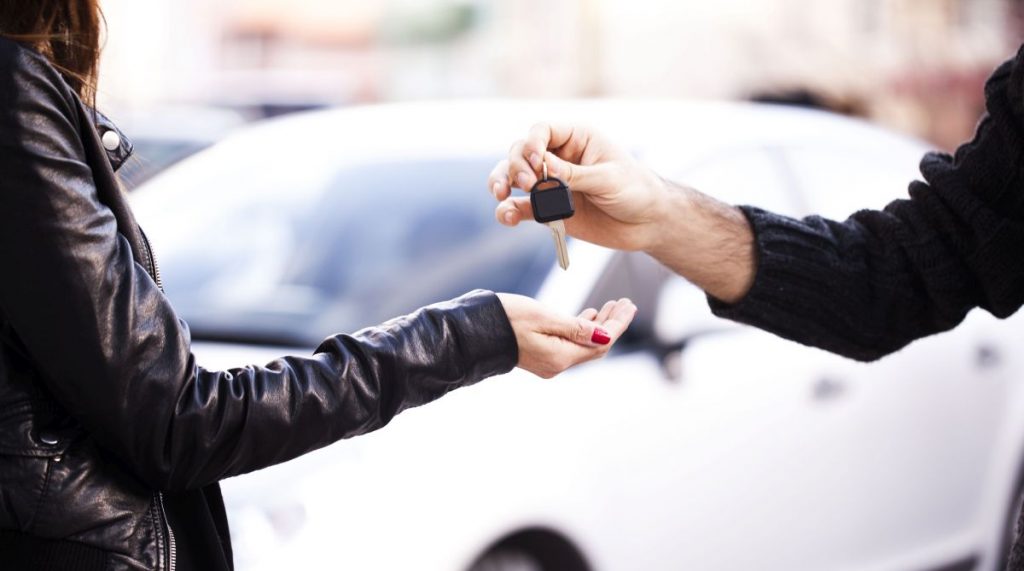
Source: thestatesman.com
Even before you see the car in person you can tell if something is off. When you first contact the seller, their behavior and demeanor could be a warning sign. Stolen vehicles have to be sold quickly so that the car thief and the seller are free of it and have no further contact with it. Therefore, they are usually in a rush to get rid of it and therefore act overly suspicious. For example, if they are the ones to tell you to come around and see the car almost immediately and if they seem too pushy, something might be up. Further proof would be a shady location like a depot outside of town or a junkyard that sits miles away from anything else. If you still want to go and check it out just to make sure, never do it alone and bring along a friend of two.
3. Too Good to Be True
Cars are expensive. They always have been and they always will be. They are a luxury not everyone can afford and even if you do end up paying a bargain price, the maintenance and the fuel needed to prolong its life will cost you a pretty penny. If you come across a new car that costs way too little, you may be dealing with a stolen vehicle. As mentioned above, the seller will look to get the best deal but not the actual amount the car is worth. Since it is stolen, it will go for a fraction of the price. Deals that are too good are instantly suspicious so you should check how much the model costs at other sellers. If the difference is too big and the car looks and feels fine, it is either stolen or the seller care little about money and has an extensive car collection.
4. Check the VIN
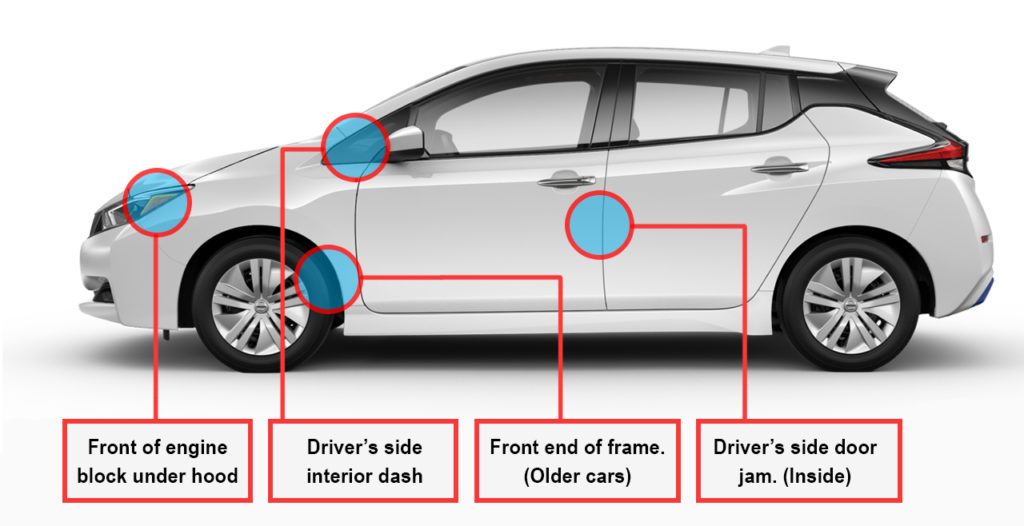
Source: nonda.zendesk.com
Every vehicle has a VIN, which is short for Vehicle Identification Number. Just like any other product on the planet, a car needs to be present in databases for security and legality reasons. Stolen cars often have fake VINs on the dashboard or elsewhere that deviates from the one in the registration certificate. If the numbers do not match and are in some way not identical, do not make the mistake of buying the car. It has been tempered with for a reason, to hide the fact that it was stolen and to appear real. The seller may not even have the registration information to give you which is an obvious red flag on its own.
5. Check the Documents

Source: jetgloballogistics.com
Speaking of hardcore, black on white proof, you must make sure to evaluate all the paperwork about the car. Transfers of ownership, the serial number, service history, and all the usual details that are included in the general vehicle documents. If something does not match or seems incomplete, ask the seller to explain it. If they cannot or will not, or if they are trying to find their way out of the question, guess what. The car is not theirs and there just so happened to be some documentation in the glove box that they are now presenting to you as legitimate paperwork. Inconsistencies in this form are definitely a sign of foul play and you should just walk away.
6. Mechanics Inspection
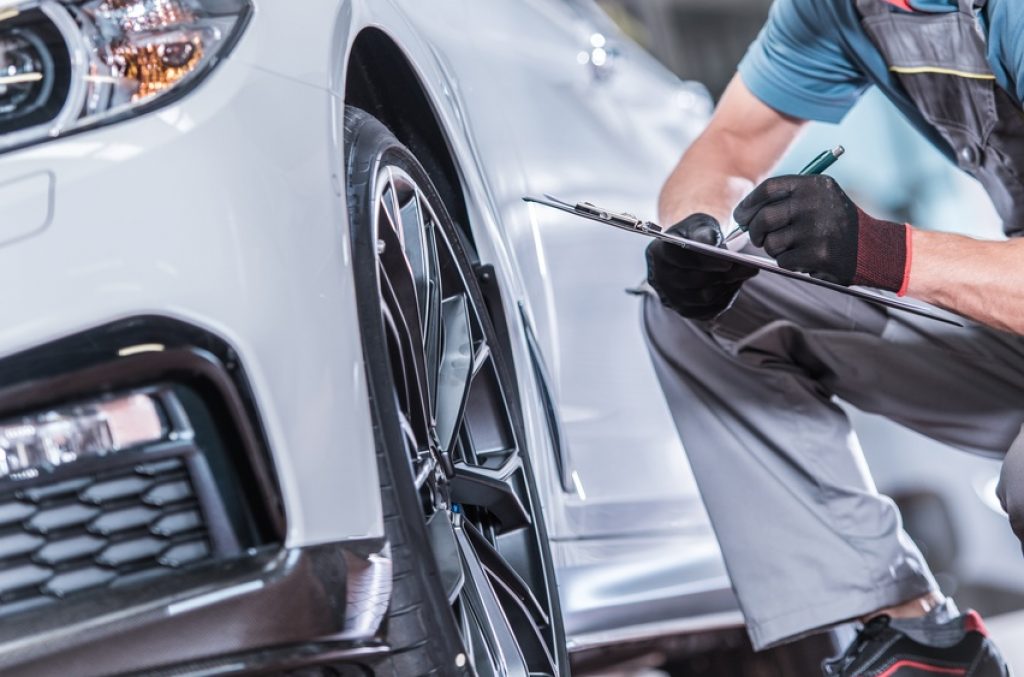
Source: imcinspection.com
If you suspect anything while you are checking the car in person, it would be smart for a mechanic to check the car before you buy it. In case you do not have a friend to knows their way around cars, ask the seller for a second opinion by a certified mechanic. This alone could be enough if they refuse or appear unwilling to cooperate any further. Do not proceed in this case. If a third party does come and finds something off about the inner workings of the vehicle, trust their professional judgment as well as their gut feeling. They have seen it all and know the industry better than you. An inspection like this could discover damage done to the car while it was being hotwired or broken into as well.

